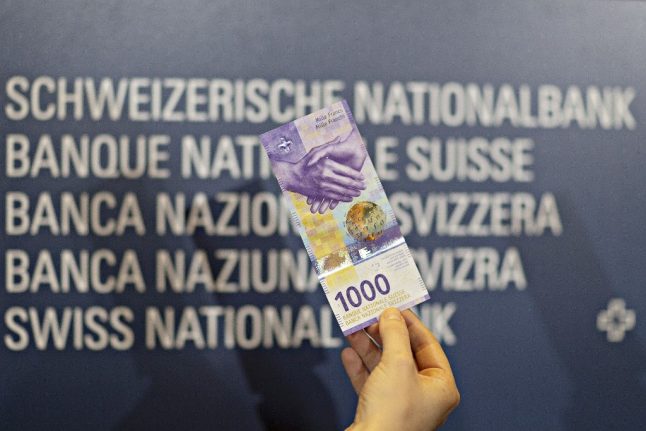In 2011, Switzerland's central bank posted a profit of 13.5 billion francs.
Last year, foreign currency positions added around 4.7 billion francs to the bank's profit, the SNB said in a statement on Thursday, without providing further details.
The bank, which is set to release its complete results on March 7th, meanwhile said that 3.6 billion Swiss francs of its profit would go towards
"provisions for currency reserves."
SNB has worked hard to prevent the franc from gaining too much in value against the European common currency, as investors, unsettled by the eurozone debt crisis and uncertain US economic prospects, have fled to the perceived Swiss safe haven.
The central bank has repeatedly vowed to maintain an exchange rate floor of 1.20 francs for each euro to avoid the Swiss currency taking flight to the detriment of the country's exporters.
The SNB also said on Thursday that rising gold prices boosted the value of its holdings of the precious metal by 1.4 billion francs.


 Please whitelist us to continue reading.
Please whitelist us to continue reading.
Member comments